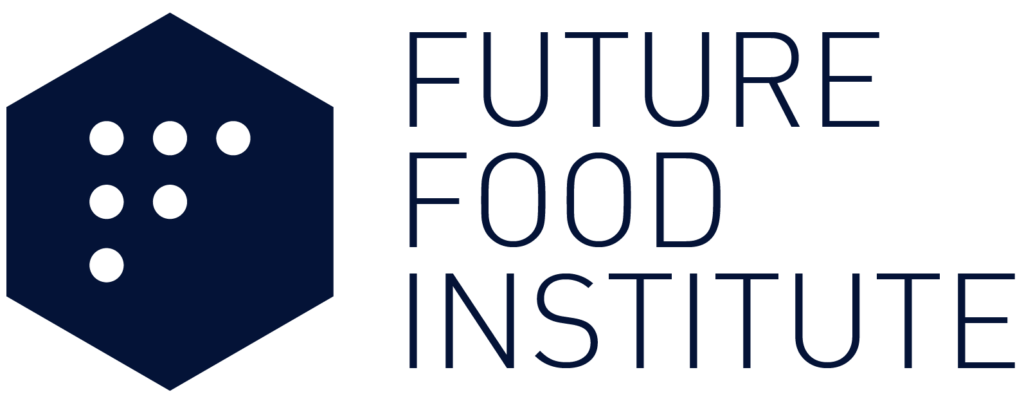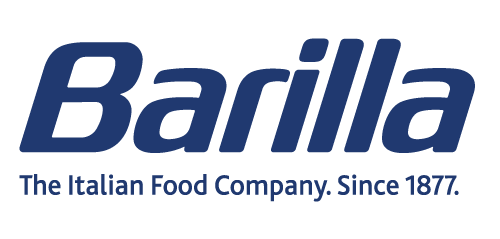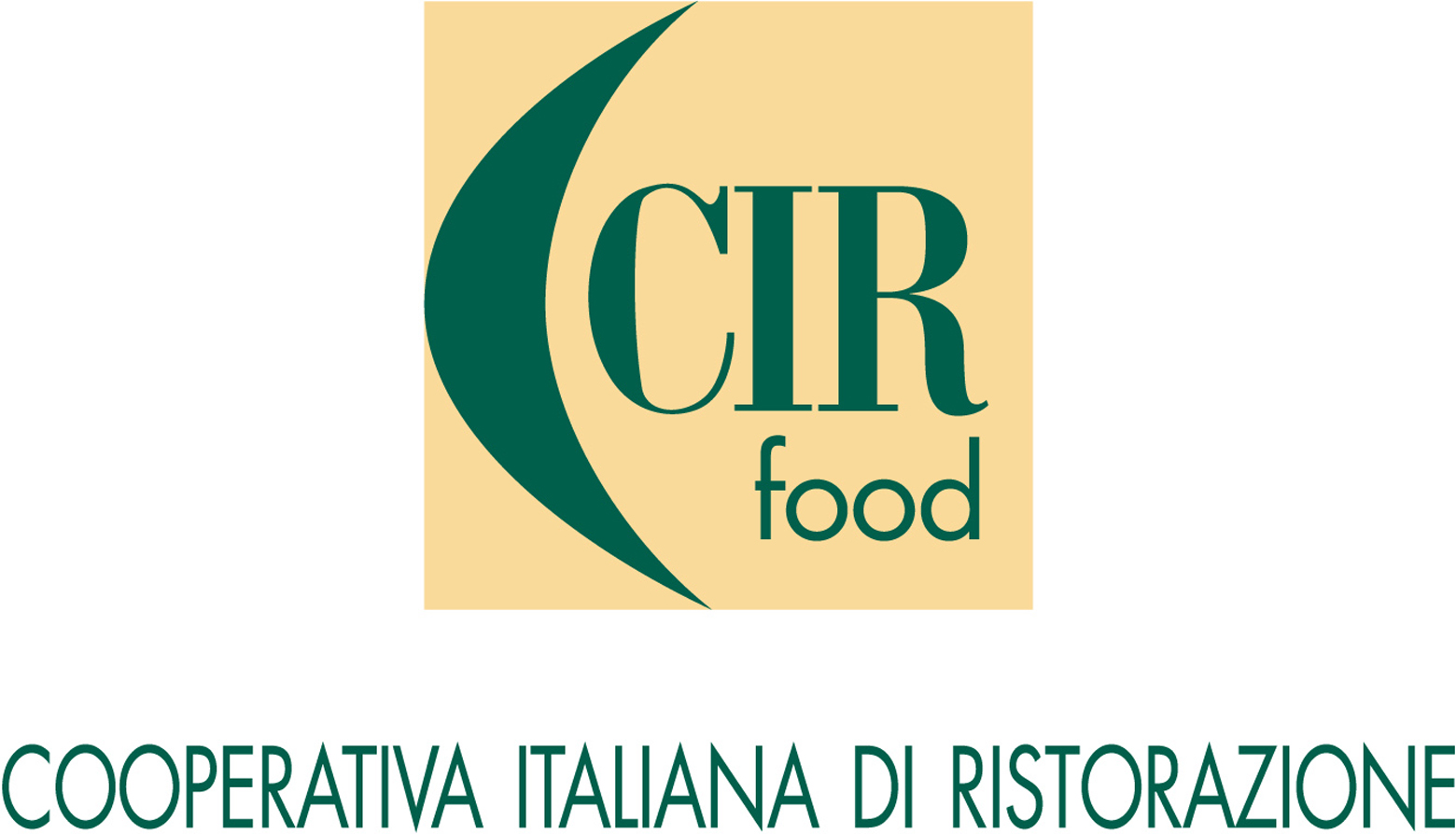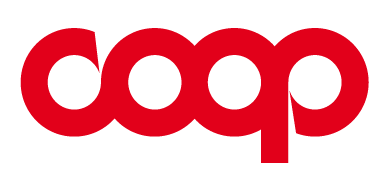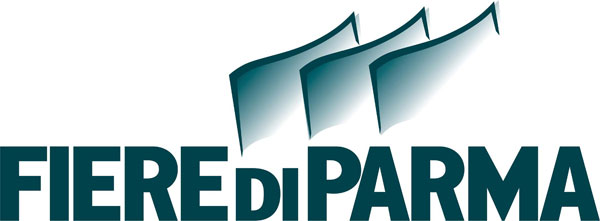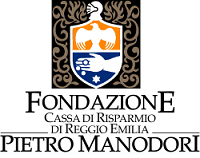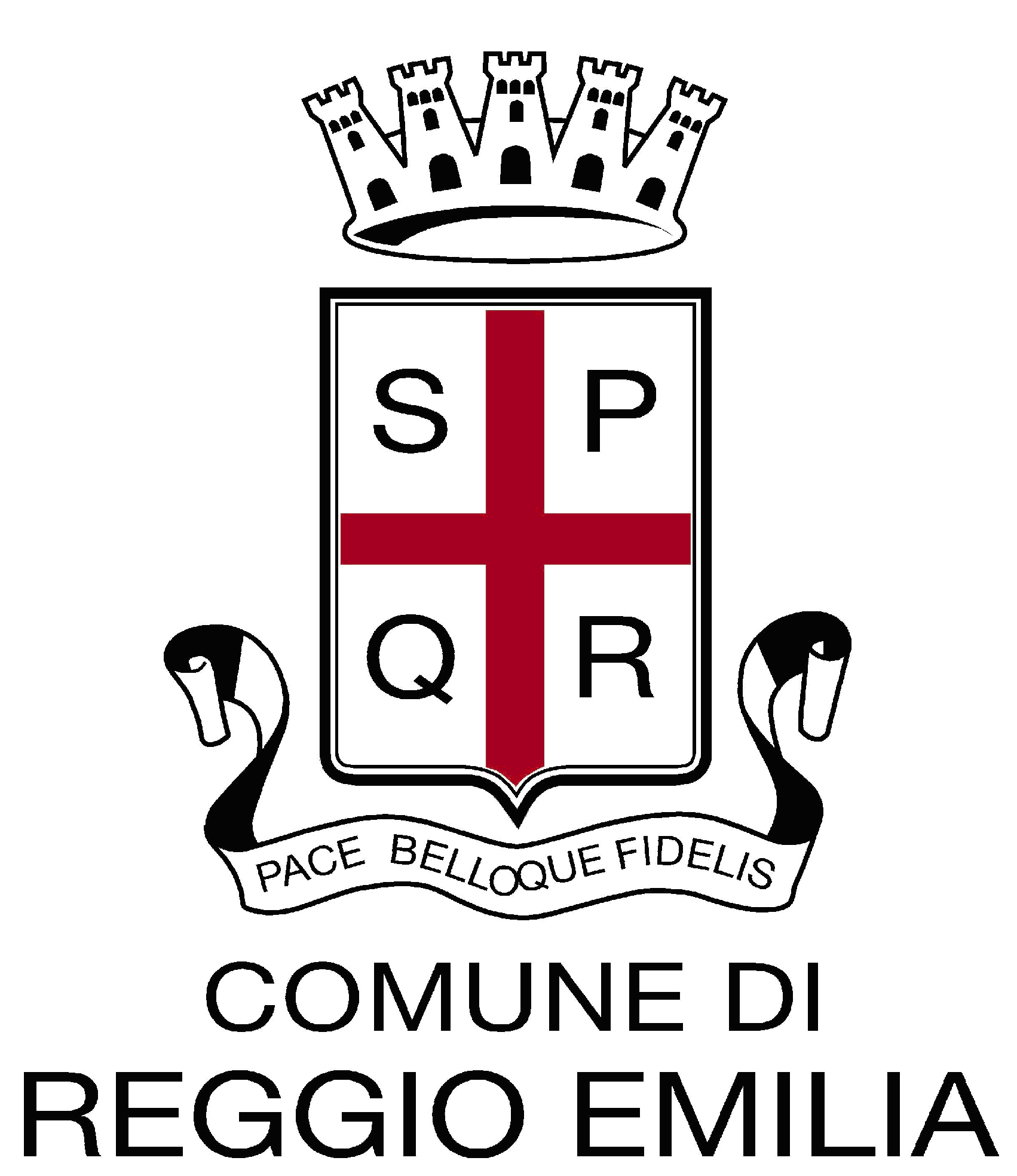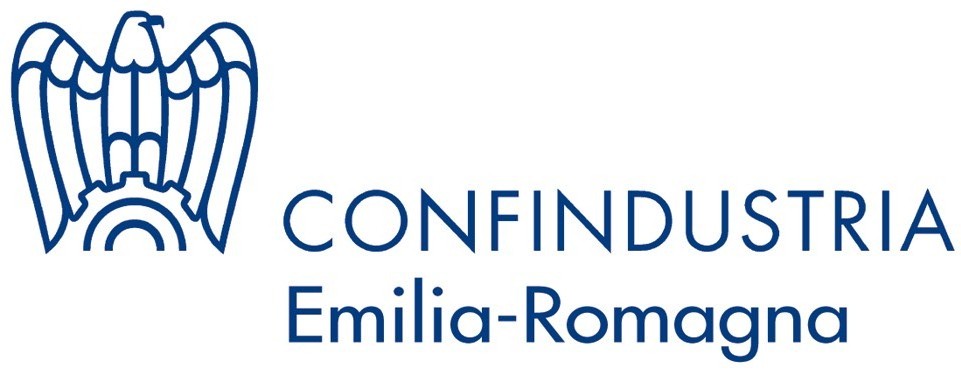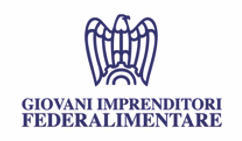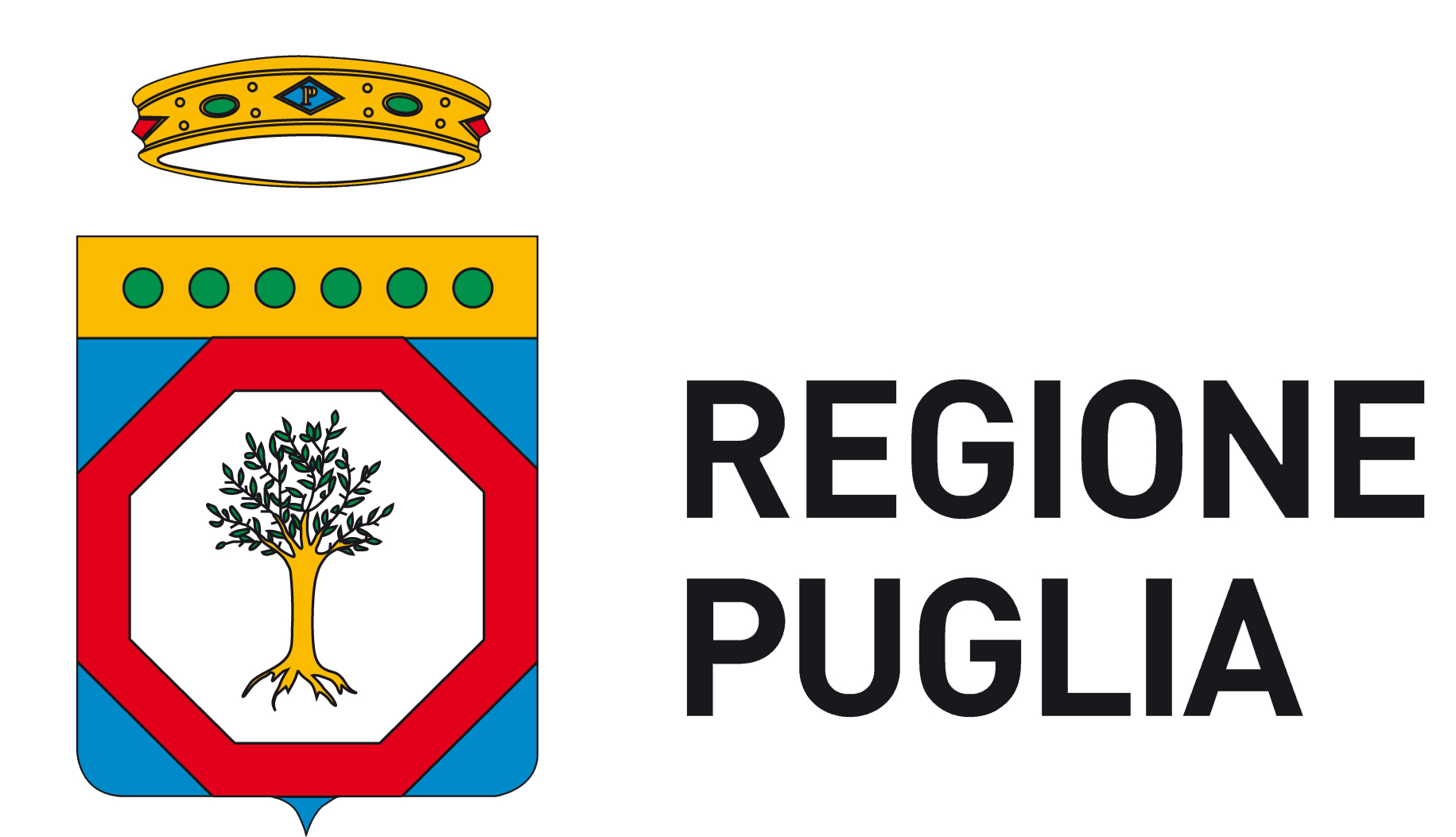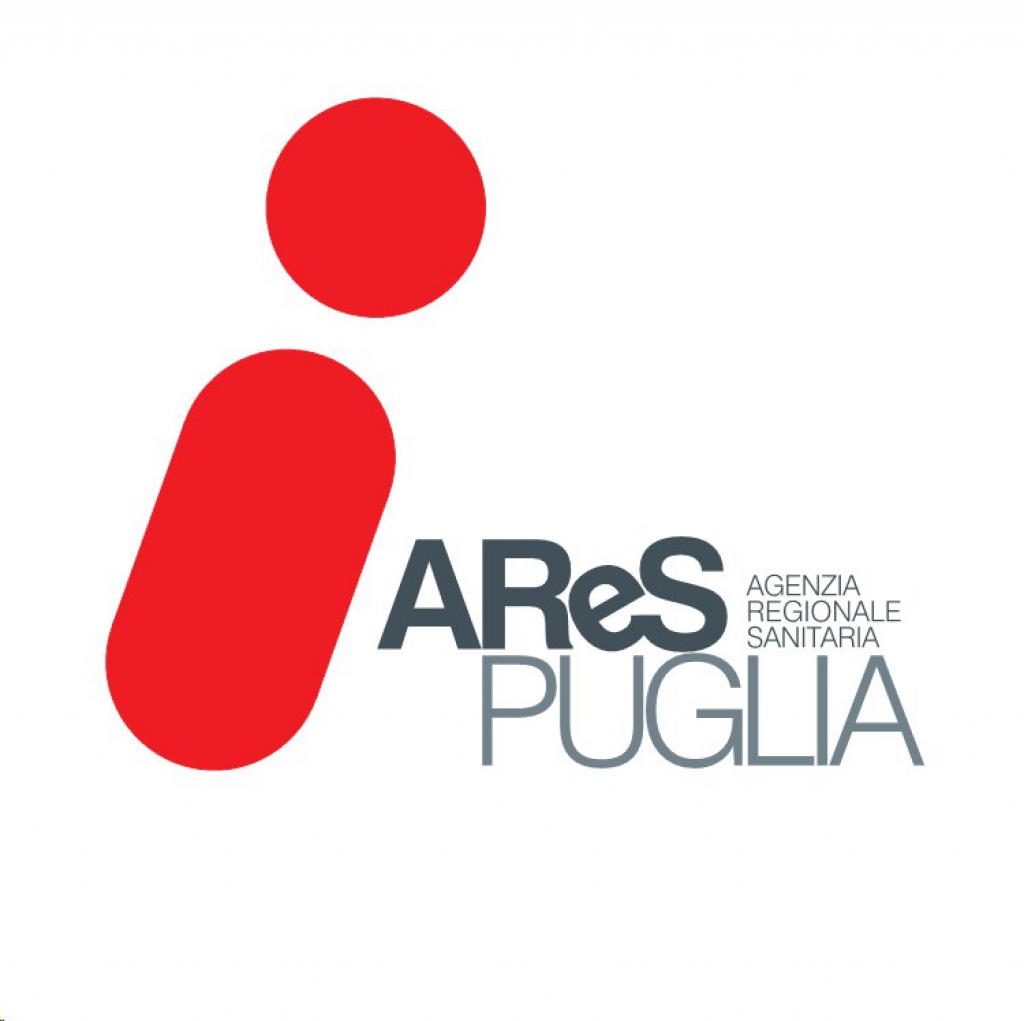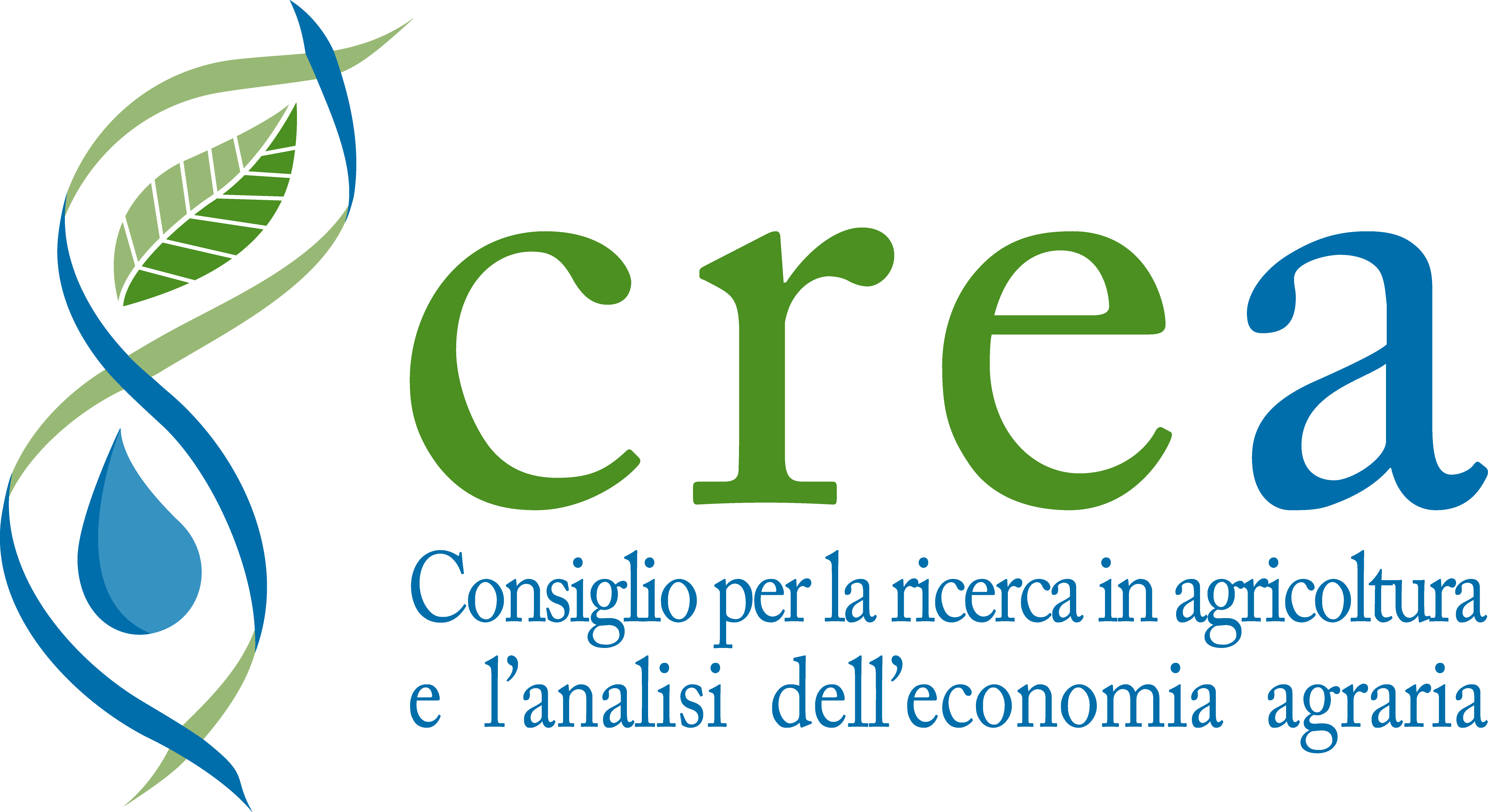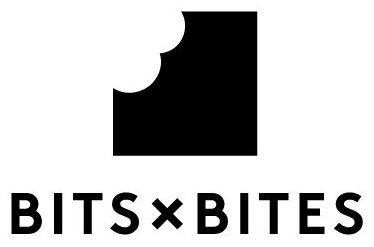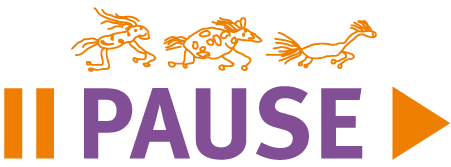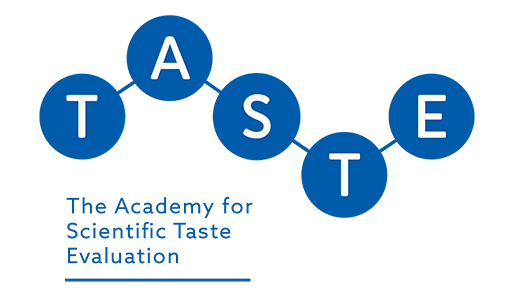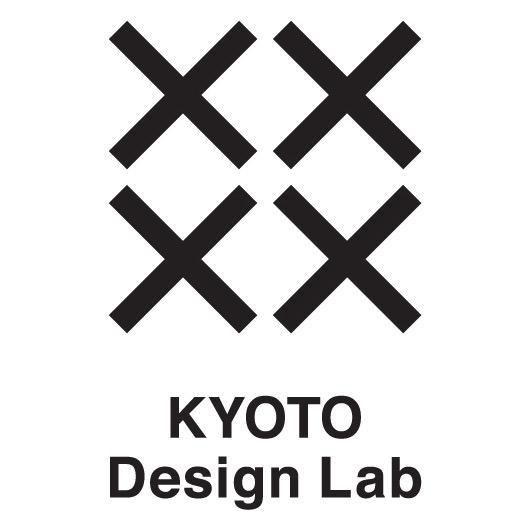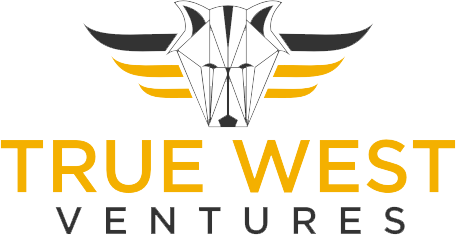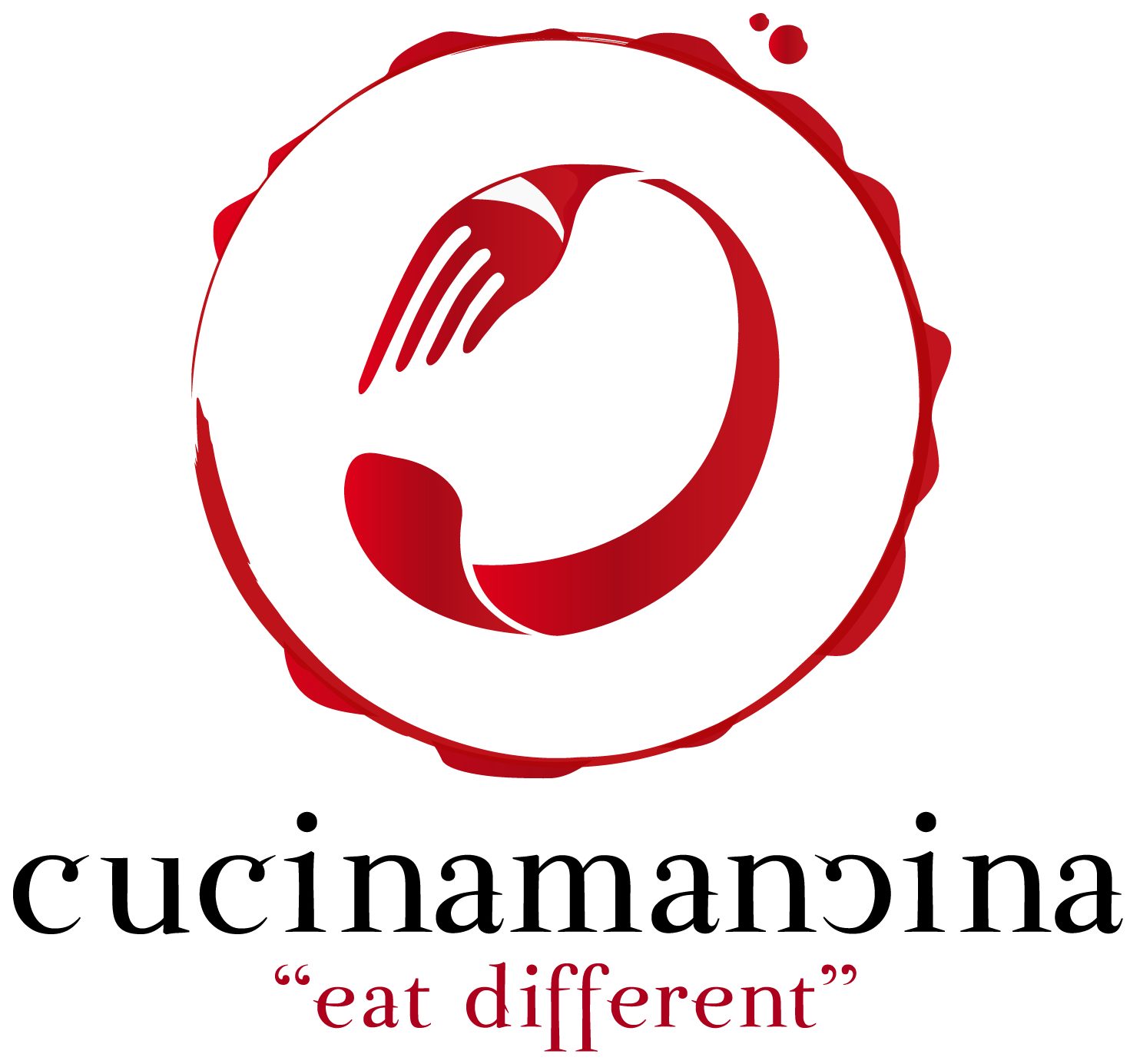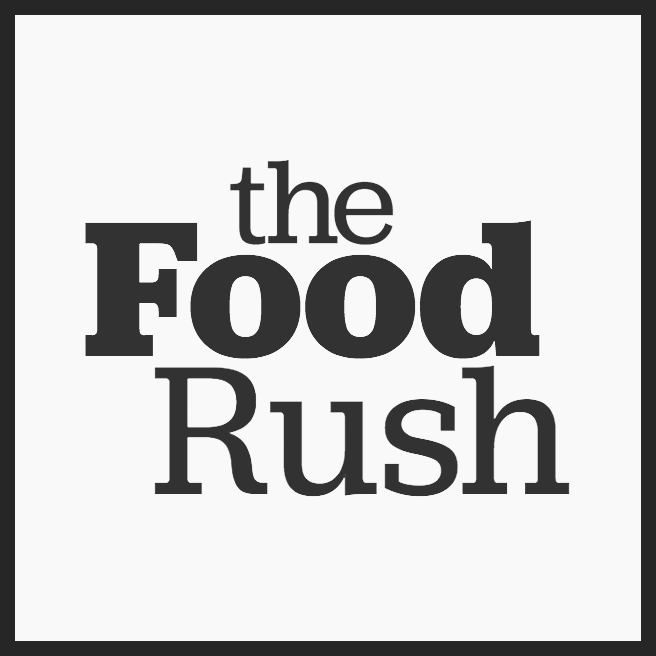The world as we know
it needs a change
We live in an ever-growing society, what we eat and how we produce affects the whole life of our planet. Over 2 billion people have access to food problems and over 1 billion suffer from obesity and other malnutrition-related diseases.
We need a better food system, a more democratic international food policy. The world as we know it needs a change and this is affected by food education.
To discover and study how the food of the future will be, fifteen students of the Food Innovation Program in Reggio Emilia have traversed ten countries (Tel Aviv, Shanghai, Singapore, Kyoto, Davis & San Francisco, Boston, Wageningen & Maastricht, London, Bologna and the Italian Food Valley and Puglia) to meet people and institutions that are real Food Heroes. Through science, technology but also through the study of traditions, they are improving and revolutionizing the quality of life.
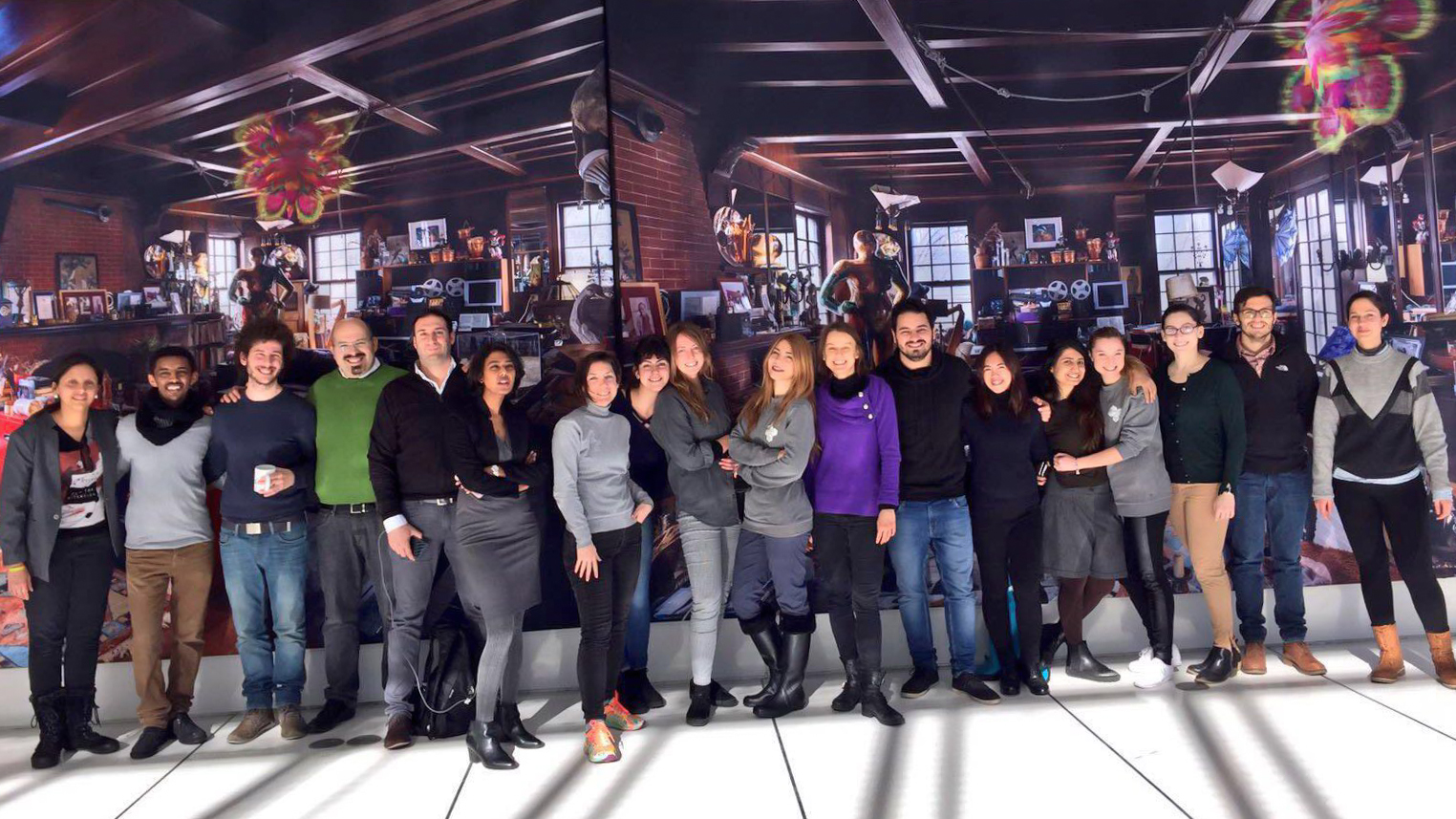
Chapter 1
Think Different
The future is also a matter of thought. Thinking differently helps improve daily actions.
Designers of products, nanotechnology, data visualization experts and researchers work side by side to invent and reinvent the world of food, in which human beings experiment and can be helped by technology. We went across this topic through four large institutions’ eyes: an example is IFTF’s Food Futures Lab in Palo Alto, which identifies and catalyses innovations with the potential to reinvent our global food system.
Chapter 2
Waste to Taste
Which are the possible solutions to reinvent the way wasted food is currently produced and channeled?
There are new start-ups that turn waste into taste and restaurants that go against the trend: InStock in Amsterdam for example produces tasty dishes with food – which for aesthetic reasons – would be finished to the pulp. Imperfect Produce in San Francisco sells vegetables and fruit that supermarkets refuse because of some imperfections.
Chapter 3
The Protein Challenge
Eat eggs without chickens, meat burgers without beefs and eat insects at your neighborhood restaurant. How to have a fair protein intake and not impact on the environment and ethics?
From the first in vitro burger of Professor Mark Post with the University of Maastricht, to the large-scale distribution of Impossible food and Beyond Meat in San Francisco, the first studies and developments are already revolutionizing the way we eat.Chapter 4
Food Reconnect
Hospitals, universities and large companies are devoting more attention and research to the food they offer to their patients and employees every day. More choice and quality in exchange for better performance.
Michael Bakker, the creator of the Google Food Program, explains how he transformed the Google canteens. Jan English Lueck, professor of anthropology at the University of San José, explains how knowledge and technology and the use of data are changing the way we eat. Consumers are always looking for deeper relationships between eaten food and health impact.Chapter 5
Edu-farming
More than 50% of the world’s population lives in urban areas. This figure is expected to reach 66% by 2050. The main challenge is how to provide healthy food for all in a sustainable way.
Indoor agriculture, vertical gardens and hydroponics are just some of the possible technologies used in various ways around the world to meet these challenges. Green Bronx Machine in New Jersey, uses urban agriculture to grow healthy students, transform, fragmented and marginalized communities into inclusive and thriving neighborhoods. TomKat Ranch Educational Foundation is a learning laboratory for animal farming focused on climate stability, the benefits of nature, healthy food and biodiversity. Dr. Matthew Lange, one of the pioneers of the Internet of Food, explains how this subject will define the “lingua franca” that allows agriculture and food to be more traceable, transparent and reliable, empowering all of us with more precise and personalized food, diet and health choices.
Cast
-
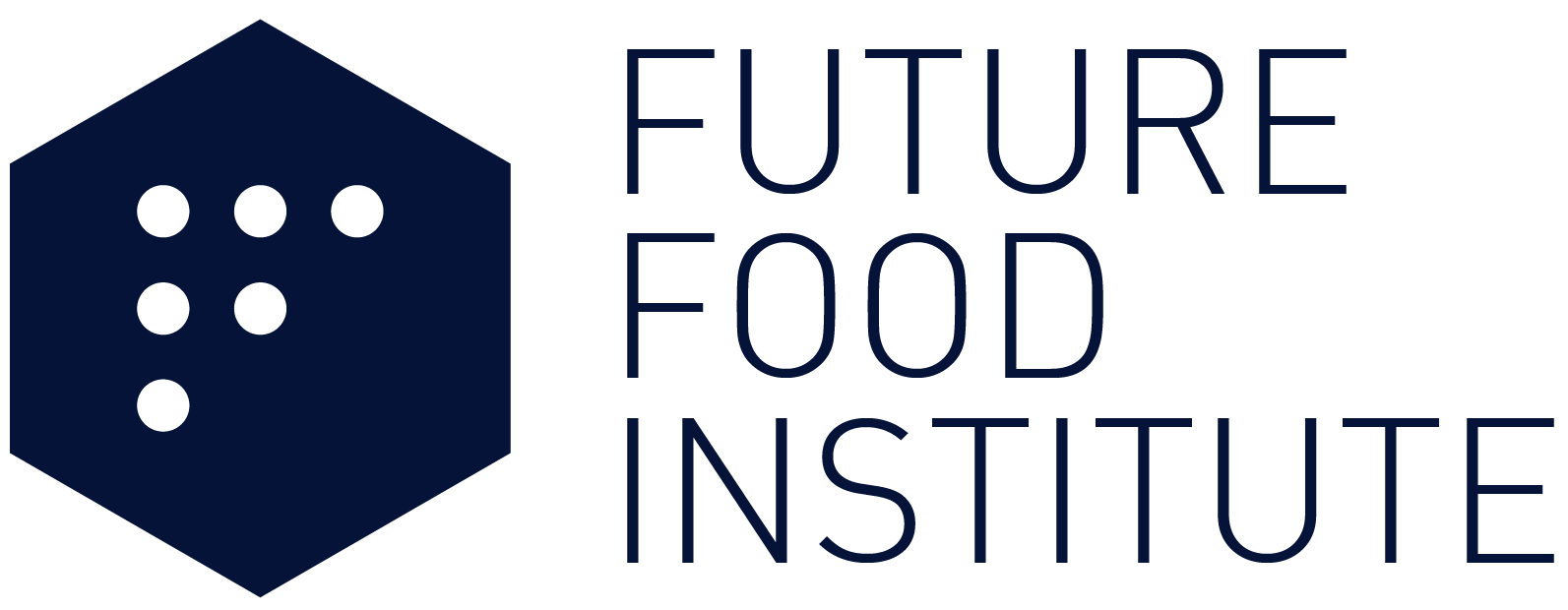
Producer
-
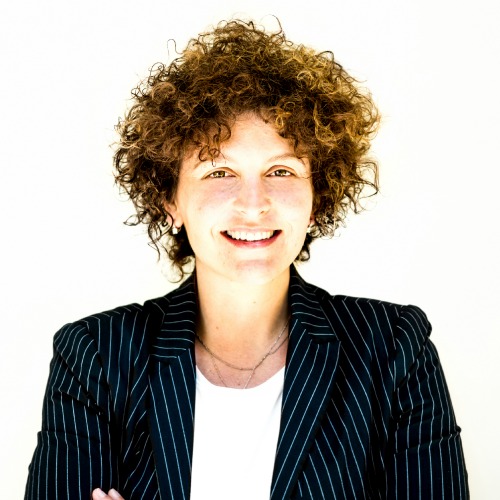
Sara Roversi
Producer - Founder Future Food Institute
-
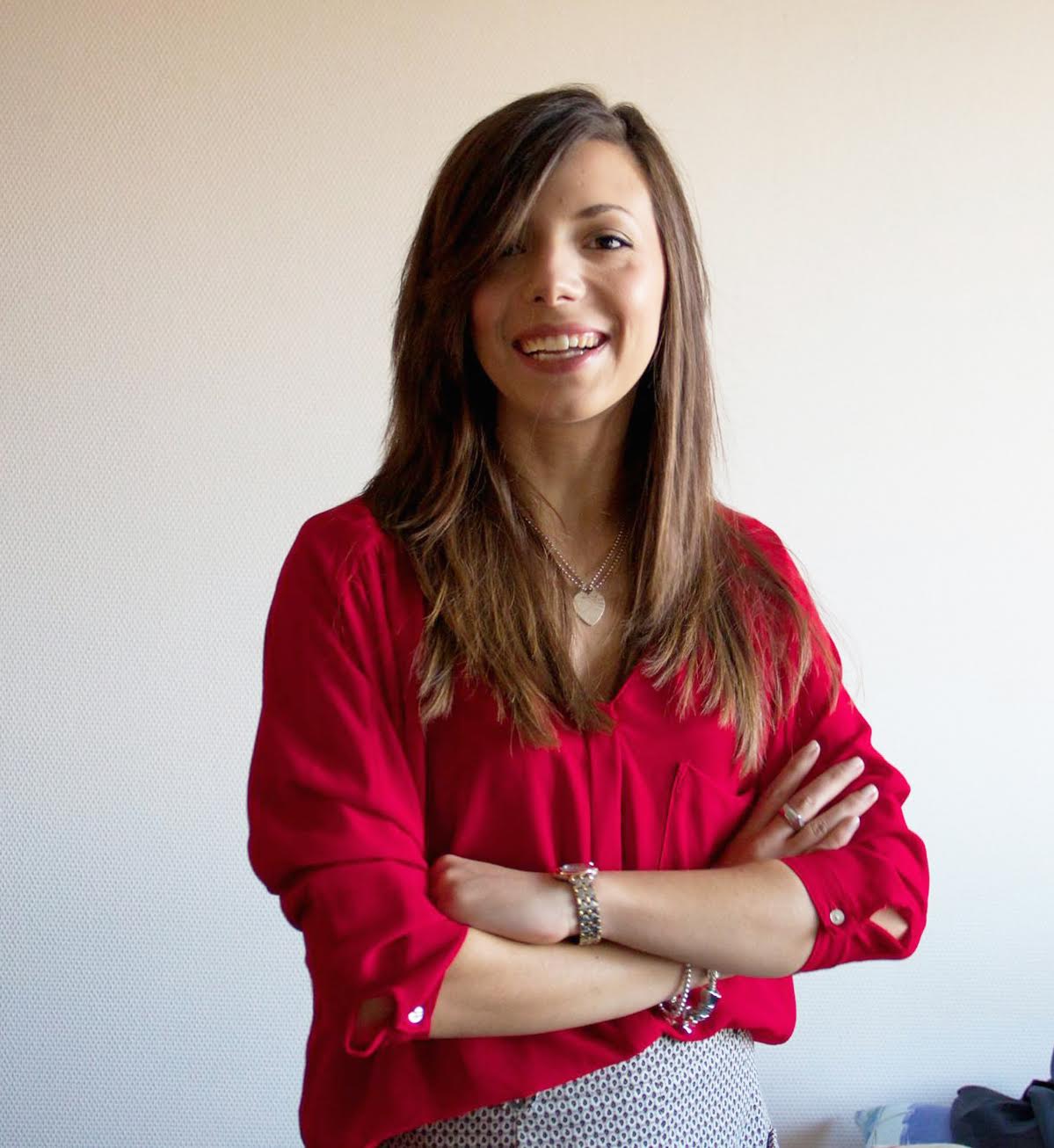
Chiara Cecchini
Director, Future Food Americas
-
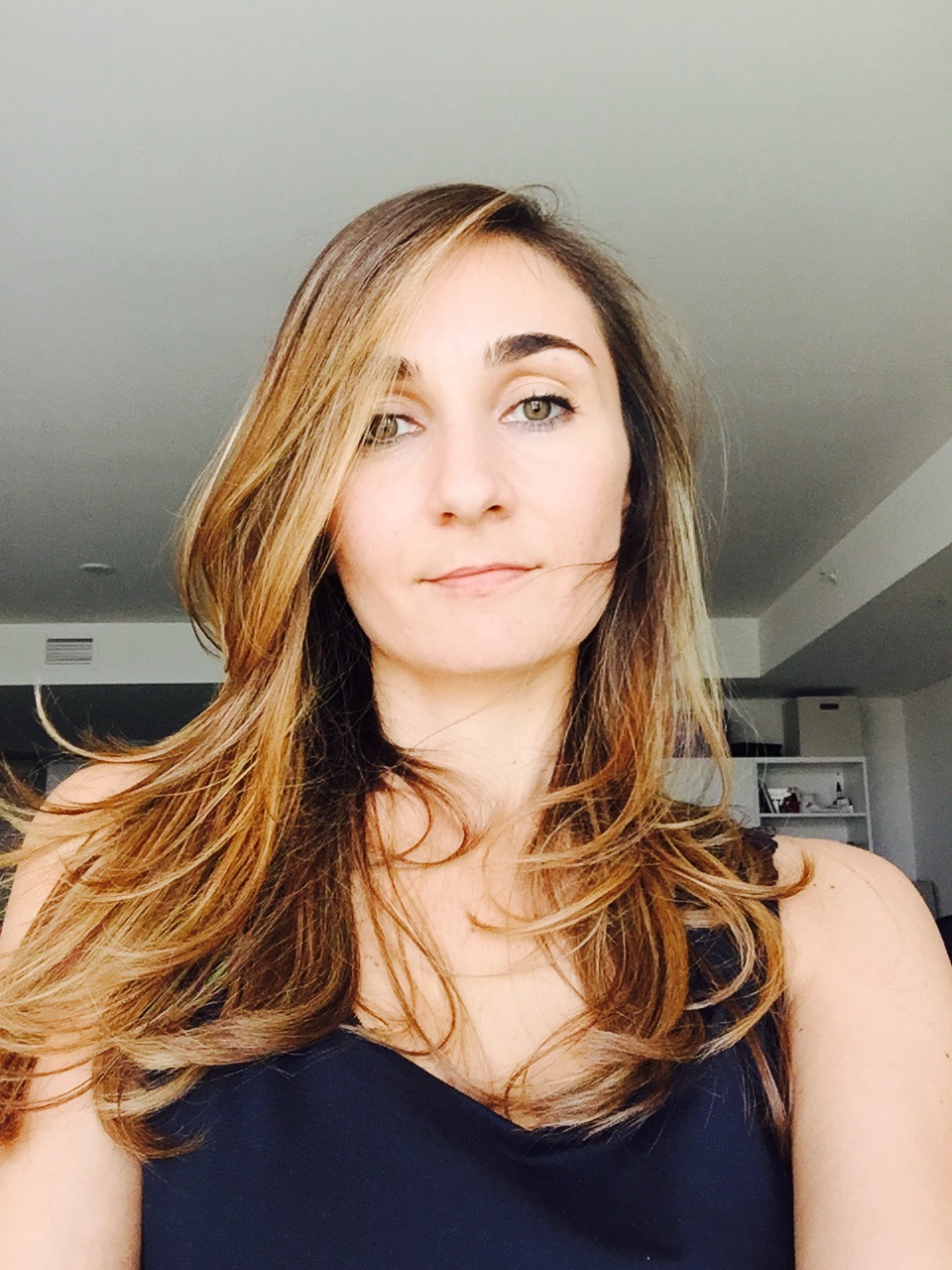
Enrica Cavalli
Director
-

Nick Difino
Author
Nicola (Nick) Difino
Born in 1967 in Italy where he trained in hospitality management and professional chef. In 1990 decides to move to London and then around the world working in adult education, marketing, advertising and PR related to food and tourism. As first Italian food-hacker, Nick has led several food-hackathons cooperating with major disruptive organizations worldwide including Future Food Institute and Barilla Center Food Nutrition Foundation. He is a show-host and author of varies broadcasting including Gambero Rosso Channel. He writes about food and innovation for the national Italian newspaper La Repubblica and is advisor for Qullera, the hotel management recruiting agency. As founder and president of PH8, a non-profit organization that focuses on Food Care for cancer patients, Nick has developed communication strategies for the improvement of the quality of life of patients in the Italian health system. Nick is also one of the six international Food Masters endowed of the 2018 Bologna Award – City of Food Master 2018 for being distinguished and innovative in his communication skills. His latest docufilm as author and protagonist “Alla Salute” (Bottoms Up) directed by Brunella Filì – now showing on LaEffe SKY135 – won both the 2018 Lifetales Award and the Audience Award at the Biografilm Festival International Celebration of Lives, as well as the Human Rights Film Festival and HotDocs 2019 as Best Film in the section “Made in Italy”. Nick is an esteemed populariser of food cultures, restaurant consultant, speaker and art-director in several productions and festivals worldwide.
Sara Roversi
Sara is an experienced entrepreneur, thought leader and disrupter in the food ecosystem and security programs. As a seasoned growth expert, she works with globally recognized high-profile think tanks on setting the agenda for the sustainable food industry. Described as a game-changer who knows how to apply radical change tactics for outstanding results, she has a flair for exploration and creative solutions. She’s often a sparring partner of key decision-makers in business and government institutions. For the last 10 years, Sara’s focused on inspiring and empowering creative and responsible food entrepreneurs through educational programs and disruptive innovation experiences. She is the founder and director of Future Food: a for-purpose organization facilitating evolving positive change in life on earth, promoting food innovation as a strategic element to achieve sustainable and impactful growth. Her mission is to take creative and responsible food entrepreneurs to the next level of achievement through education, research projects, and disruptive innovation experiences.
Enrica Cavalli
Enrica Cavalli is a director and video producer, she has her own company and collaborates with various companies and institutions in San Francisco. She has spent the last two years as a Video Producer and Editor for The Future Food Institute (FFI), a nonprofit that promotes a more sustainable future of food. “One foot in: stories of expat women in America” is her first documentary, as an advocate of gender equality, she believes that all women have the right to live in a world where men and women are treated the same. By raising awareness, she wants to encourage change in immigration policy to offer migrant women more opportunities for development in the United States. for the rights of visa spouses, she is a member of the UN Women San Francisco Chapter and has done videos of their events: HeforShe and the Global Voices Film Festival. She holds a Bachelor’s Degree in Cinema, Television, and Multimedia Production (Ca’ Foscari University of Venice, Italy ), Masters Degree in Digital Audio and Video Editing (La Sapienza University of Rome, Italy), a Masters Degree in Digital Marketing & Social Media strategy (Italy).
Chiara Cecchini
Chiara Cecchini is Future Food US Director, managing international research projects as well as US business relations. She has a MSc in International Management (ICN Business School, France), a MSc in International Relations (MGIMO University, Moscow), and a MSc in Food Innovation (UniMoRe, Italy). Based in California, she is also a Research Scholar at Food Science and Technology at UC Davis, working on building the first comprehensive Internet of Food to enable food care through food systems semantics. She is a selected member of Barilla Center Food Nutrition Foundation, Unleash, a global innovation lab organised by the UN, as well as a Research Affiliate at Institute For The Future. She writes for The Spoon, Food Tank and Make. She is part of Sandbox San Francisco (US) and Global Shapers Sunyani (Ghana). Two years ago she founded a company in Italy, Feat, providing wellness focused software to corporations.


